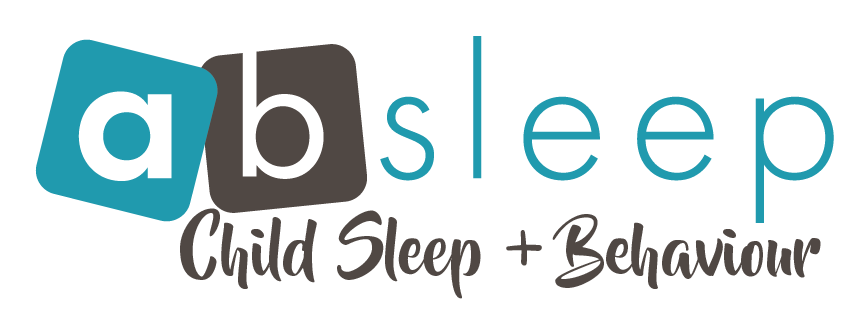Let’s Talk About Reflux, Baby
Wait… those aren’t the lyrics, are they? Whatever. It’s still catchy.
Now that I’ve got that out of the way (and you have Salt-N-Pepa stuck in your head—you’re welcome!), let’s move onto something much less enjoyable than early 90s hip-hop treasures:
Reflux in babies.
What is it? Is it normal? And how does it affect sleep, and what can you do to help?
(Disclaimer: I am not a doctor, and this is not medical advice. If you’re concerned your child is in pain, having respiratory issues, or gaining weight poorly, please see your doctor or pediatrician.)
Reflux (also known as GER, or gastroesophageal reflux) in babies is actually NORMAL for babies. GER occurs when stomach contents come back up into the esophagus. It makes sense, when you think about it: babies’ digestive systems are immature, they’re on an all-liquid diet, and they lie down a lot. So it’s natural that some of it would make its way back up. GER can first show up around 2 to 3 weeks of age, peak around 4–5 months, and should be totally gone by their first birthday (often earlier).
As long as your little one doesn’t seem to be in pain and they’re gaining weight well, it’s unlikely that your doctor is going to be concerned. In essence: let your happy puker be! (And maybe buy some extra receiving blankets. Also, laundry detergent. And maybe get a dog. I know it’s gross. But it’s hella effective—speaking from involuntary experience!)
GERD, or gastroesophageal reflux disease, is a different story. GERD is often associated with an issue with baby’s lower esophageal sphincter. It can cause heartburn, pain, and vomiting (amongst other complications), and can lead to poor weight gain. Babies with GERD often seem uncomfortable or in pain during feedings or while laying down.
If your baby is diagnosed with GERD, you’ll likely be given a prescription to reduce their symptoms and help them feel better. If they’re still uncomfortable after a few days of being on their medication, you should talk to your doctor again—those meds are usually pretty good at what they do, so there might be another factor at play. In rare cases, surgery or other treatment is required.
So--how does reflux affect sleep, and which precautions should you take?
It’s important to note that in most cases, babies with reflux can still be excellent sleepers. Contrary to popular belief, you should STILL place your baby to sleep on their back—even if they have GER or GERD. The chance of aspiration is not higher--it’s actually lower. The gag reflex (and our anatomy) really help us in this department. So, despite concern that sleeping on their backs puts reflux-prone babies at risk, studies have repeatedly shown that this isn’t the case.
Note: there may be rare cases when a doctor states a child will be safer in another position. Of course, you should go with your doctor’s advice!
What about letting them sleep on an incline? Noooo… please don’t! The AAP is clear on their stance that this won’t help (and that it might even make matters worse). Plus, it’s just unsafe: an inclined crib can cause baby to roll down to the bottom and/or into positions that can cause serious breathing issues. Wedges and other devices are also considered unsafe for the same reason.
So, what *can* you do? Smaller, more frequent feedings can help a lot. And if you’re bottle feeding, you might need to slow things down. Check the nipple size: if the flow is too fast, this can cause baby to bring some fluid back up. Conversely, if it’s too small, they’ll take in too much air, which can cause discomfort.
Another really effective tactic is to keep baby upright after a feeding (about 5–20 minutes, or until they burp). Laying down too quickly after eating can cause a rise in stomach acid, which of course is exactly what we’re trying not to do.
If you’re concerned that your child is in pain, please make an appointment with their doctor. But if you have a smiley spitter on your hands, then just be patient… once your baby can sit up (and eat solid food), you should see a massive improvement.
For now, though, I recommend buying laundry detergent in bulk. (And maybe also get the dog… Just saying!)
Originally published February 13, 2020. Edited December 2, 2023



